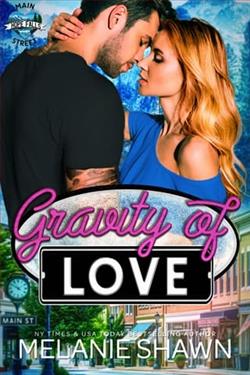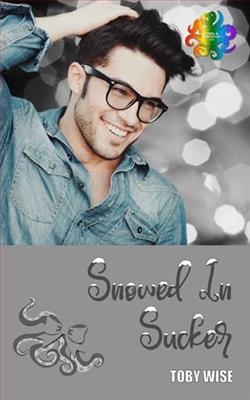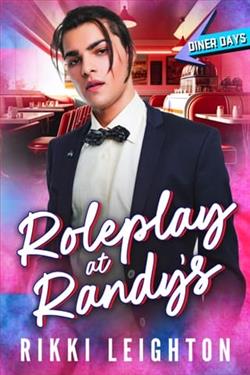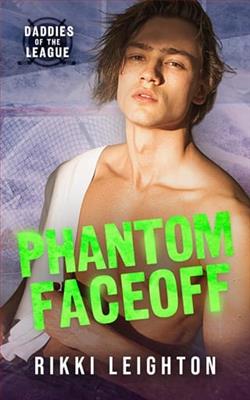Page 46 of Sweet Somethings
"I'm sure it's great, but to be honest, I never eat dessert out, unless I'm doing research into someone else's cake. I do so much tasting during the day; I have to save my calories."
"You don't look like you need to watch your calories," he said, an appreciative gleam in his eyes.
"Thanks, but I do. You should have some, though."
"No, I'm full," he said, setting down his menu.
"You know, I kind of remember you from when I was a kid here," she said, making a vague statement that wasn't true at all, but she had to find a way to open up the past.
"Oh, yeah?"
"Your father was the chief of police, wasn't he?"
Doug nodded. "Yes, he was—for almost twenty years. He retired about five years ago. Now he and my mother spend their time traveling or in the desert heat of Palm Springs. He's a big golfer."
"That sounds warm—relaxing."
"It's nice. They have a condo there."
"So they don't spend much time here in Fairhope?"
"No, not really. They didn't even come back for Christmas this year. My dad could never travel when he was chief. He worked most holidays, so my mother felt she'd earned their retirement. And he'd earned it, too. He took good care of this town. Now it's my turn."
"It's good that you care so much. That's one thing I've noticed being a business owner here—how much everyone cares about keeping the city great."
"It's all about supporting each other." He paused. "I hope I'll have your support for mayor."
"Of course," she said, even though she had no idea who was even running against him. She needed to get a bit more involved in town business, too.
"Great. I'm happy to hear that." He gave her a beaming smile.
She smiled back, knowing she was probably about to burst his happy balloon, but she was starting to feel like it was now or never. "There's something I want to ask you about."
"Shoot. My life is an open book."
She seriously doubted that, but she was about to find out. "It's about Roman Prescott."
His open-book face immediately closed as he sat back in his chair. "What about him?"
"I saw your tense exchange in the coffee shop on Friday. I asked Donavan about it. She said you and Roman were friends and then you weren't—that there was some mystery about a fire that started in a park and spread to a house."
"There was no mystery. Roman was smoking in the park the way he always did. Drinking, too. He got careless and set the brush on fire and ran away, letting the Marsons' house go up in flames. Then he tried to blame me."
She could hear the bitterness in his voice and the note of betrayal, the same note she'd heard in Roman's voice. "I spoke to Roman about it. He said he wasn't smoking that night, and he'd left the park hours before the fire started."
"Why would you talk to Roman about that old fire?" Doug asked sharply.
"We've become friends."
"How did that happen?"
"Well, he's remodeling the house I used to live in. I stopped by one day, and we started talking."
"Being friends with Roman is not a smart idea. He's trouble. He always has been. We were friends once, and Roman led me down a lot of paths I should not have gone. A lot more happened than just that fire."
"Like what?"
"Roman got into fights on a daily basis. Did he tell you how a test he hadn't studied for suddenly went missing from Mrs. Stewart's desk? Or did he mention how money raised for the high school football team disappeared? Or how the high school mascot ended up on a raft in the middle of the lake?"















